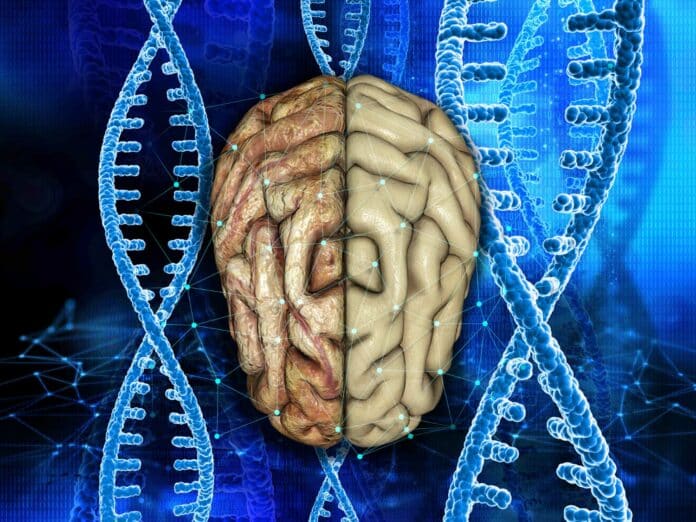Researchers from the Children’s Hospital of Philadelphia (CHOP) have led an international study group to discover how three new genes are linked to neurodevelopmental disorders. This helps researchers understand these genes’ roles in the development and function of the human brain.
It also opens the possibility of using them as targets for future therapies. The findings were published in the Journal of Clinical Investigation. Despite identifying over 1500 genes related to neurodevelopmental disorders, we still know little about how they are connected and how their problems result in these disorders.
Previous research in other disorders has suggested that problems with gene splicing might be the cause. Genes are first transcribed into introns (non-coding RNA strands) and exons (coding for proteins) before becoming proteins. Splicing, done by a protein complex called the spliceosome, removes introns. Variants affecting the spliceosome were seldom linked to neurodevelopmental disorders. Yet, in this study, complex tests revealed that spliceosome malfunctions are responsible for some neurodevelopmental disorders.
Dong Li, Ph.D., a research faculty member in the Center for Applied Genomics and the Division of Human Genetics at CHOP and lead author of the study, said, “Using multiple techniques, including phenotyping, genomic sequencing and modeling in fly and stem cells, we were able to map the genetic architecture of three genes associated with neurodevelopmental disorders, particularly developmental delay, intellectual disability and autism.”
“Combining fly and human genetics helped us understand the mechanisms of how variants of these genes affect the machinery of the spliceosome and cause these disorders.” He added.
In this study, researchers looked at data from patients with neurodevelopmental disorders. They found that 46 patients had issues with the U2AF2 gene, and six had problems with the PRPF19 gene. Using models of human stem cells and flies, they saw problems with the shape of neurons, splicing, and social behavior. They also found issues with a third gene, RBFOX1, affecting splicing and proper neuron function. Comparing these findings with patient data confirmed that variations in these three genes can cause neurodevelopmental disorders.
Study co-author Yuanquan Song, Ph.D., an associate professor from the Department of Pathology & Laboratory Medicine at CHOP, said, “We used fruit flies to study the effects of losing the function of these three genes one at a time and found that two genes independently led to brain structural and functional abnormalities, highlighting the essentiality of these genes in development.”
“Apart from identifying patients with such variants in these genes for the first time, our extended translational modeling study efforts aimed to determine the underlying functions for these variants further elucidated their clinical relevance.” He added.
“This study not only finds three genes linked to neurodevelopmental disorders but also teaches us about the importance of pre-mRNA splicing in the development of the central nervous system,” explained Dr. Hakon Hakonarson, the lead researcher at the Center for Applied Genomics at CHOP.
This research marks a significant step forward in unraveling the genetic complexities of neurodevelopmental disorders. Identifying these three genes and understanding their impact on brain development opens avenues for future research and potential therapeutic interventions in neurodevelopmental disorders.
Journal reference:
- Dong Li, Qin Wang, et al., Spliceosome malfunction causes neurodevelopmental disorders with overlapping features. The Journal of Clinical Investigation. DOI: 10.1172/JCI171235.
